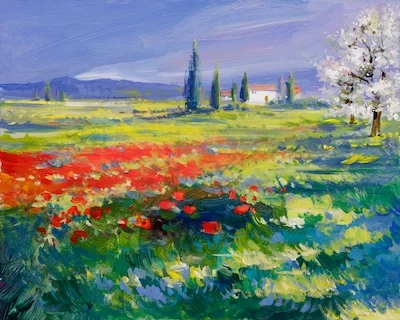Alanis Obomsawin
Exhibition shines a light on a legendary Indigenous filmmaker.

Alanis Obomsawin filming “Richard Cardinal: Cry from a Diary of a Métis Child” in 1986. (courtesy National Film Board of Canada and the artist)
“Papa says the cruelest torture is that our country was stolen and our languages were silenced. He says someday our people will have a voice again.”
These words are spoken by eight-year-old Wato in the 2010 loosely autobiographical short, When All the Leaves Are Gone, by Abenaki powerhouse artist and filmmaker Alanis Obomsawin. The film opens her retrospective, The Children Have to Hear Another Story, on view until Aug. 7 at the Vancouver Art Gallery.
The film is a condensation of the 90-year-old artist’s childhood memories: her father’s tragic battle with tuberculosis, the loneliness she felt after moving from her village of Odanak, east of Montreal, to attend grade school, and the racist bullying she endured from the white students. As the film progresses, Wato’s dreams become a magical respite from the outside world, a place where she regains strength and seeks protection from her guardian spirits, the horses.

Alanis Obomsawin, “Mother of Many Children,” 1977 (still), 16 mm film, colour and sound, 28 min. (courtesy National Film Board of Canada)
When All the Leaves Are Gone is a unique frame for the lifework of Obomsawin, offering intimate access to events that motivated her activism, and the talismanic qualities of her dream life. The horses, so important in her youth, are a beacon throughout the exhibition, materializing in different forms across her diverse oeuvre of painting, craft and film, as well as her personal belongings, most notably her childhood toys.
The show, which launched last year at the Haus der Kulturen der Welt in Berlin, will also be exhibited this fall at the Art Museum at the University of Toronto. It is lovingly and meticulously archived by Vancouver Art Gallery curator Richard Hill and Hila Peleg, an Israeli-born international curator who has an interest in documentary film. They worked in close collaboration with the National Film Board of Canada.
Organized chronologically by decade beginning in the 1960s, the exhibition shows the force of Obomsawin’s advocacy for children and the origins of her work as a public intellectual who has raised awareness about Indigenous issues. As the decades progress, her films continue to present images of Indigenous life otherwise unseen in Canadian popular culture.

Alanis Obomsawin at the Mariposa Rock Festival in 1970. (courtesy York University Libraries, Clara Thomas Archives & Special Collections, Toronto Telegram fonds, ASC05824)
In Christmas at Moose Factory, her debut film, Obomsawin constructs a portrait of Cree people in the small Northern Ontario community, illustrated through children’s stories and art, some of which can be seen in the gallery. Made in 1971, it is tenderly constructed through her relationships with the young subjects, establishing her style as a documentarian who builds intimacy by serving as an attentive witness.
Her practice is evidenced again and again in stories of increasing difficulty, such as Richard Cardinal: Cry from a Diary of a Métis Child, a 1986 chronicle of the devastating neglect and abuse of an Indigenous child in the Canadian foster-care system, and Kanehsatake: 270 Years of Resistance, a feature-length film that documents the violence of the 1990 Oka Crisis.

Alanis Obomsawin, “Trick or Treaty?,” 2014 (still), video, colour and sound, 85 min. (courtesy National Film Board of Canada)
I am struck by Obomsawin’s optimism in the face of ongoing anti-Indigenous racism. During the show’s media tour, she said she could not believe how much positive change has occurred during her lifetime. Another person might look at her many accomplishments and feel satisfied, but Obomsawin seems acutely aware that her advocacy is still needed, even as she celebrates the changes she has helped manifest. She is a legend. ■
The Children Have to Hear Another Story: Alanis Obomsawin at the Vancouver Art Gallery from April 7 to Aug. 7, 2023. Organized by the Haus der Kulturen der Welt in Berlin, the Art Museum at the University of Toronto and the Vancouver Art Gallery, in collaboration with the National Film Board of Canada.
PS: Worried you missed something? See previous Galleries West stories here or sign up for our free biweekly newsletter.

Vancouver Art Gallery
750 Hornby St, Vancouver, British Columbia V6Z 2H7
please enable javascript to view
Wed to Mon 10 am - 5 pm; Thurs and Fri until 8 pm; closed Tues (Summer Hours: Daily 10 am - 5 pm, except Tues noon - 5 pm and Thurs, Fri till 8 pm)
